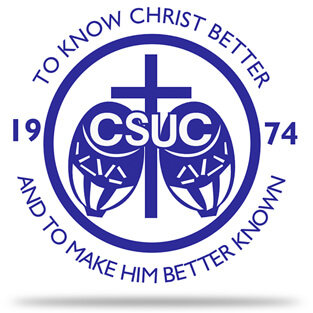Success means different things to different people; for some, success is monetary reward, while for others success is career, health, spiritual, and emotional stability.
To find your own definition of success you need to dig deep within yourself and question
your beliefs and values in life. Some useful questions you might want to consider when
defining your success include: what are important to you? What are your priorities?
In defining your success, remember success is a journey with multiple peaks and not one
ultimate pinnacle. Success is progressive. Setbacks and mistakes will also help you build success. At different periods of your life, success is defined differently. In career growth and development, success can be defined by exceeding your key performance indicators at work, or getting a promotion. Success can also be defined as your relationship with your supervisors, colleagues, interdepartmental liaisons and networks or your learning curve. As you experience growth, you realize that the definition of success is fluid and dynamic.If one, therefore is serious about creating lasting and significant change in their career as opposed to merely talking about it, then there are a few things one can do in order to make that intention a reality.
Firstly, it is important to know what career success means to an individual. The society in which we have been raised summarizes career success as a result of intelligence, hard work and good luck. Intelligence is a key predictor of success. At the job entry level, prospective employees are assessed on technical competency and aptitude where their ability to connect dots in the work and thirst for knowledge is not just necessary at the job entry level but it serves as a basis for future career growth and development. However one may have a high Intelligence Quotient (IQ) but not perform as well as others with less.
Emotional intelligence, as term applicable to career success, on the hand, became popular in the 1990’s through the writings of Daniel Goleman. He stipulates that’s emotional intelligence is far much at a higher level in predicting career success than intelligent quotient. A lot more has been written on this topic with an emphasis on self-awareness and self-control as a basis for relating with others (popularly assessed as team work ability), critical thinking and problem solving. Rudyard Kipling in one of his poems points out that ‘’if you can keep your head when all about you are losing theirs and blaming it on you… then yours is the earth and everything in it’’.The beauty about emotional intelligence is that it can be learnt and practised. People who have high emotional intelligence listen and are open to feedback. They apply that feedback to continuous focus on growth and development. A senior partner at Price Waterhouse
Coopers has been quoted as saying that ‘’individuals with high emotional intelligence can admit when they are wrong, they willingly step out of their comfort zones, they take risks and are quick to adapt to change, and they have quiet confidence that promotes stability and team work. They are not insecure; in fact they are great mentors and coaches’’.
Cultural intelligence is another major trait that helps individuals position themselves for
career success. This refers to the ability to note and work with different multicultural
identifiers. Pamela A. Hays, offers the ‘’Addressing framework’’ for recognizing and working with cultural influence-helping readers understand identity as a multidimensional combination of age, developmental and acquired disabilities, religion, ethnicity, socio-economic status, indigenous heritage, national origin, and gender. I find this approach applicable to addressing clients and colleagues’ issues.
If one is passionate about what he or she does, one can easily position himself or herself for career success. Finding a career that you have a passion for is all about obtaining fulfilment. Loving your job and career will go a long way to help you love your life, so take time to find your career passion. The ideal scenario is one where you find a career that combines what you love to do with your ability to do it.
(Adapted from Daystar Connect, Daystar University, Kenya)
Get the latest information and articles from in and around CSUC


